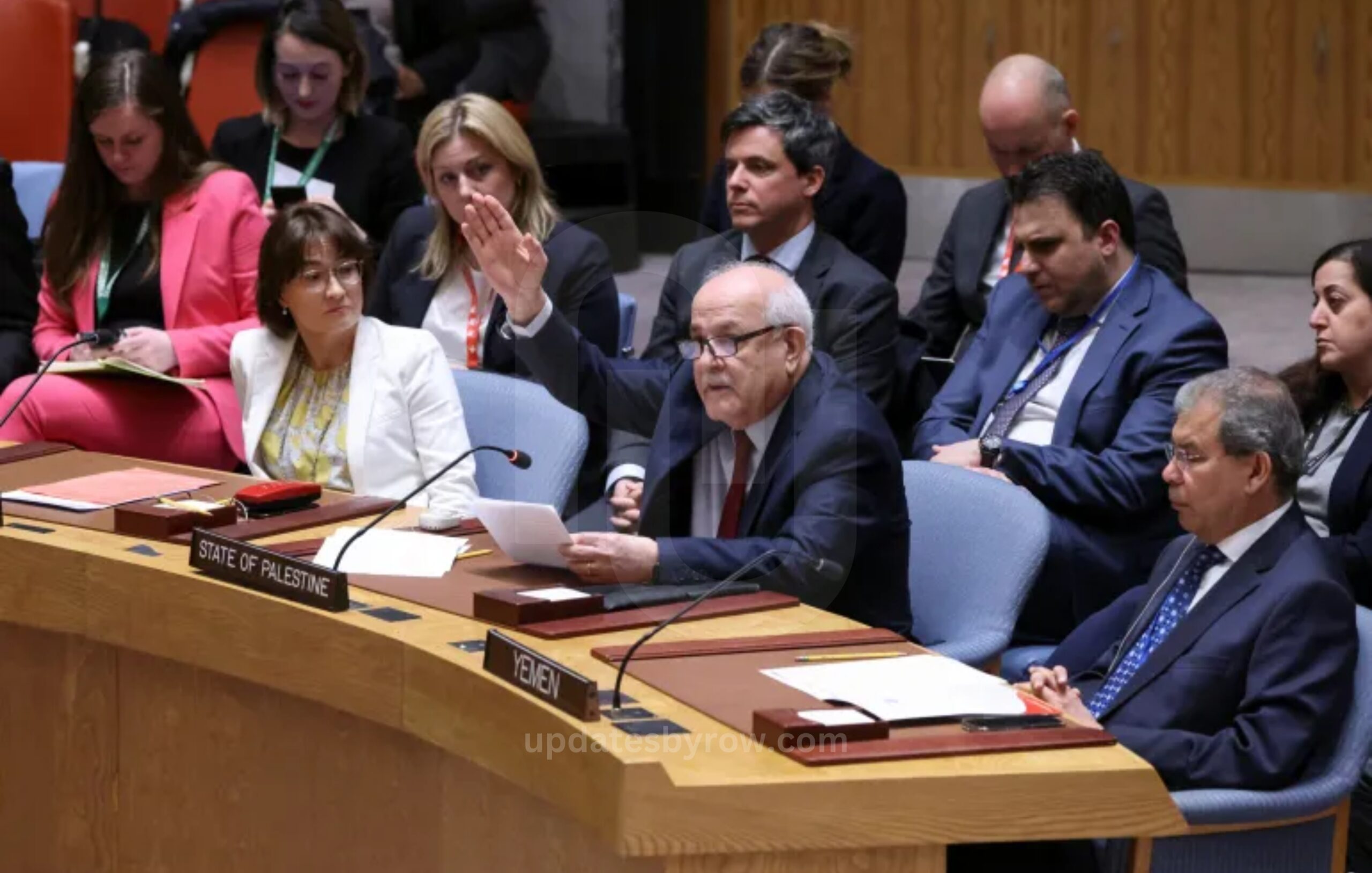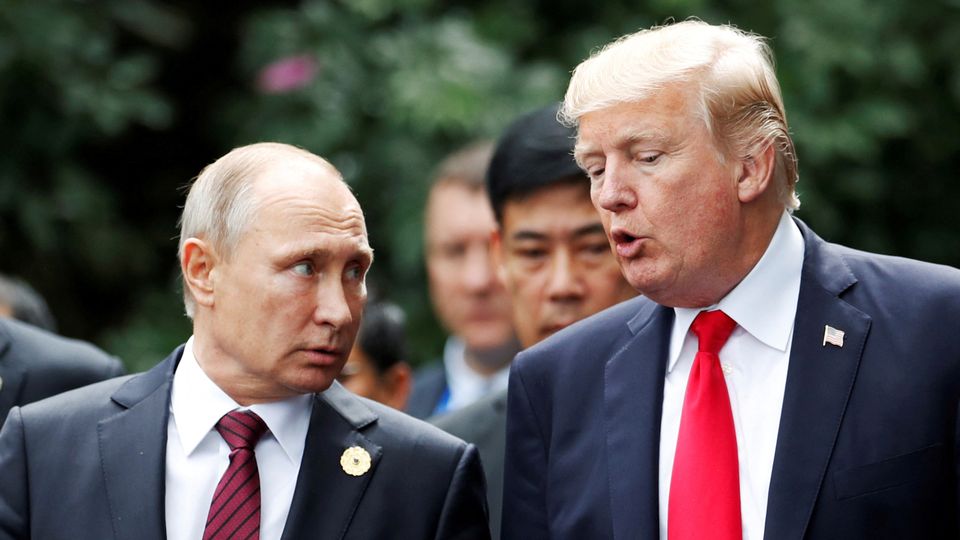UN Security Council Demands Immediate Gaza Ceasefire as US Abstains from Vote
New York — The United Nations Security Council (UNSC) has officially called for an immediate ceasefire in Gaza during the final two weeks of Ramadan, demanding the release of all hostages held by Hamas. The vote, passed on Monday, saw 14 of 15 members in favor, with the United States abstaining—marking a significant shift in international diplomatic momentum.
Key Highlights:
- Ceasefire and Hostage Release Demanded:
The resolution, introduced by the 10 elected UNSC members, calls for an immediate truce in Gaza and the unconditional release of hostages taken during the Hamas attack on southern Israel on October 7. - US Abstention Marks Policy Shift:
While not vetoing the resolution, US Ambassador Linda Thomas-Greenfield said the abstention was due to the resolution’s failure to include a condemnation of Hamas. However, she emphasized that hostage release would lead to greater humanitarian access in Gaza. - Israel Reacts to US Position:
The Israeli government, led by Prime Minister Benjamin Netanyahu, called the US abstention a “clear retreat” from previous support. In response, Netanyahu canceled a high-level delegation visit to Washington intended to discuss alternatives to Israel’s planned Rafah ground operation. - Escalating Humanitarian Crisis in Gaza:
Over 32,000 Palestinians, mostly women and children, have been killed since Israel’s military offensive began. UN agencies warn of famine and the displacement of over 90% of Gaza’s 2.3 million residents under the continuing blockade and airstrikes. - Global Reactions and Diplomatic Statements:
- UN Secretary-General Antonio Guterres urged immediate implementation of the resolution, calling any failure “unforgivable.”
- Palestinian Ambassador Riyad Mansour called the resolution a potential turning point.
- Hamas welcomed the resolution and expressed willingness for prisoner exchanges.
- France urged further efforts toward a permanent ceasefire post-Ramadan.
- Russia and China, who vetoed a US-backed proposal last week, supported this resolution, though Russia criticized the omission of the term “permanent” ceasefire.
Strategic Implications:
- Diplomatic Tensions Rise Between US and Israel:
The abstention indicates rising US frustration with Israel’s handling of the conflict, especially its planned ground offensive in Rafah, where over 1 million displaced civilians are sheltering. - EU and Arab Nations Call for Long-Term Peace Measures:
European and Arab nations are pushing for expanded ceasefire discussions beyond Ramadan, aiming to prevent renewed violence and further humanitarian collapse in Gaza.




